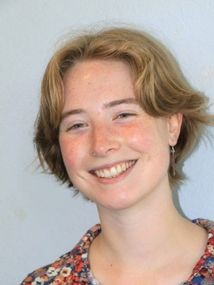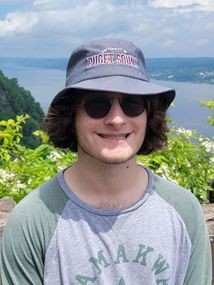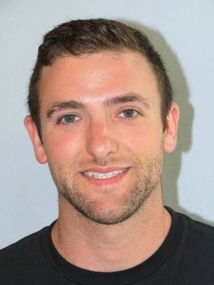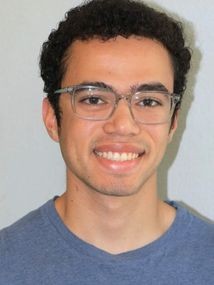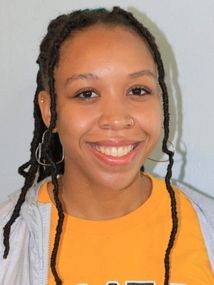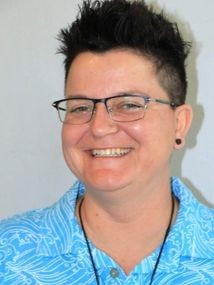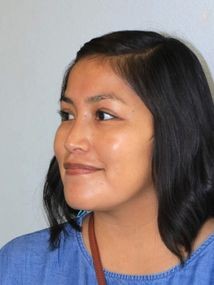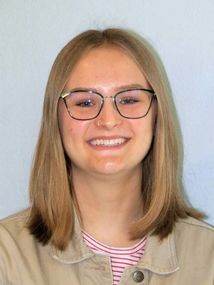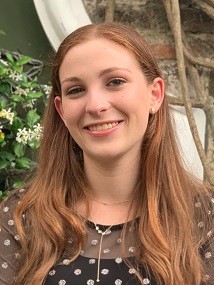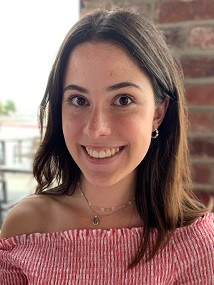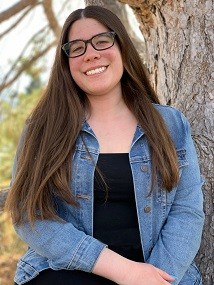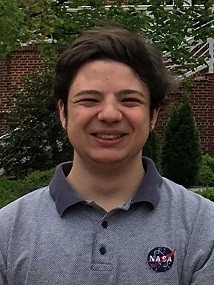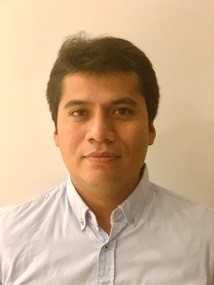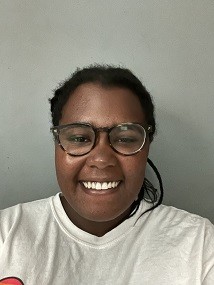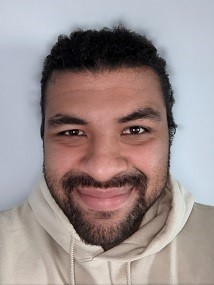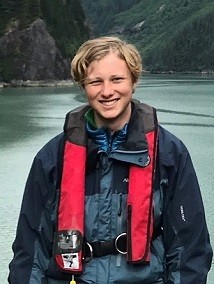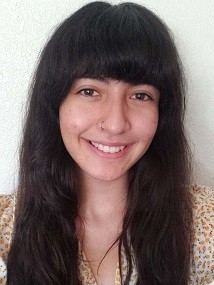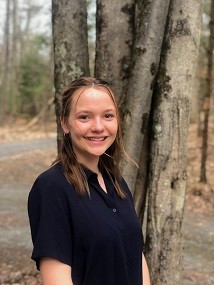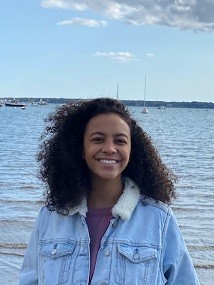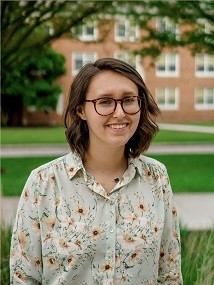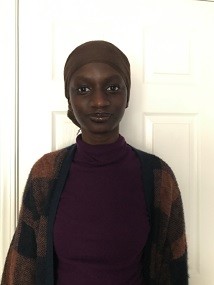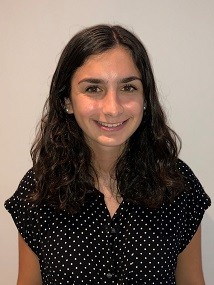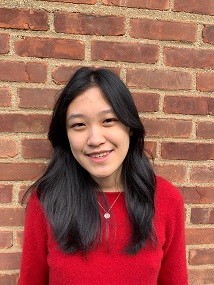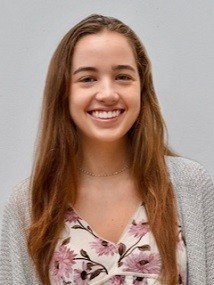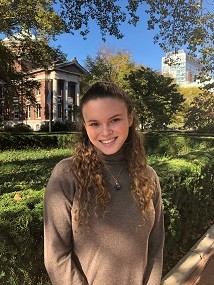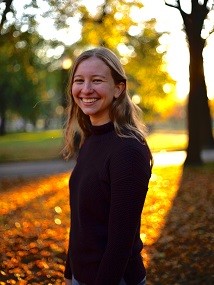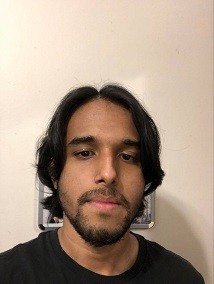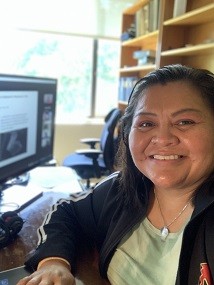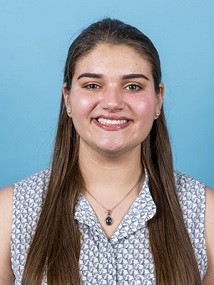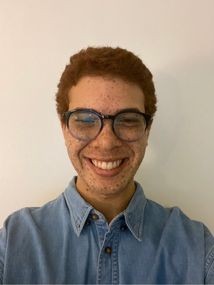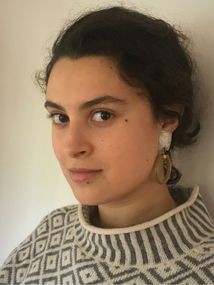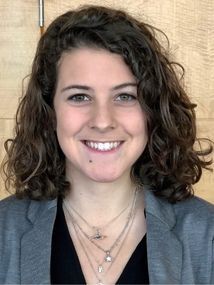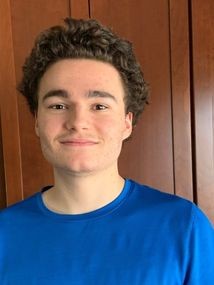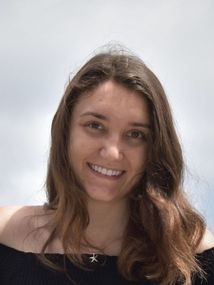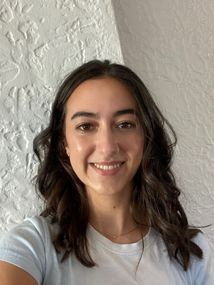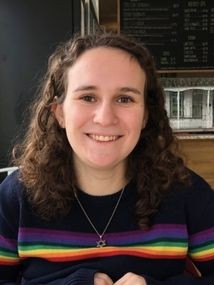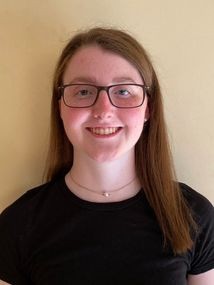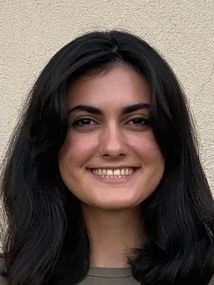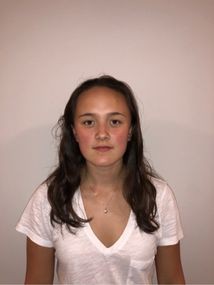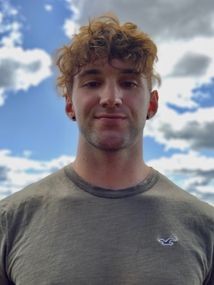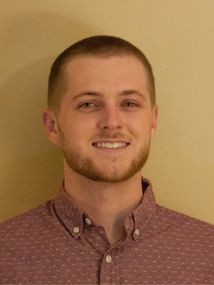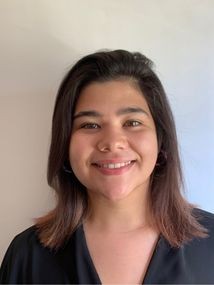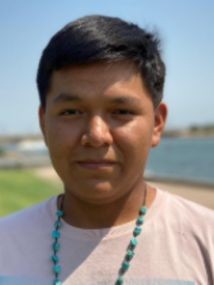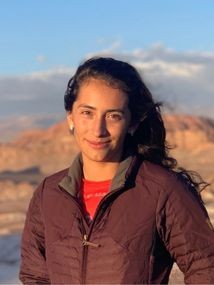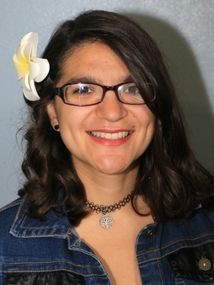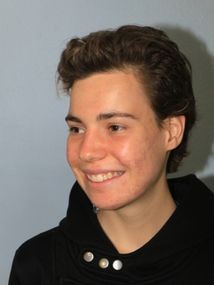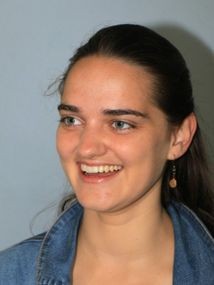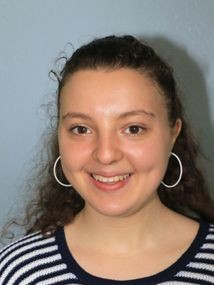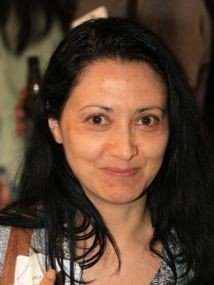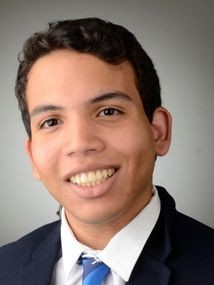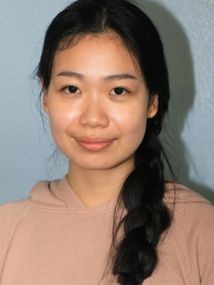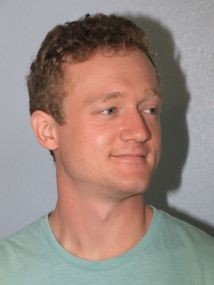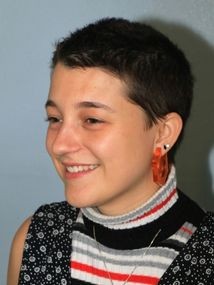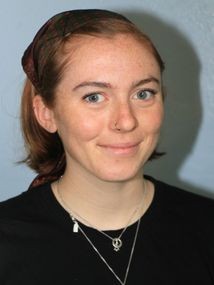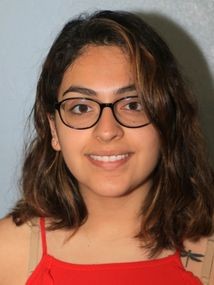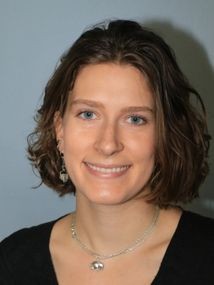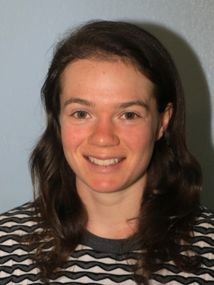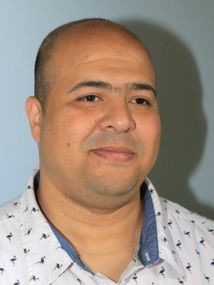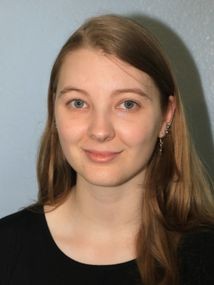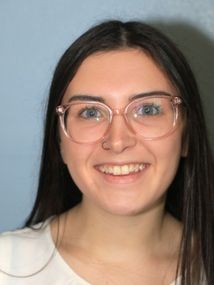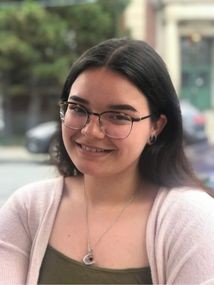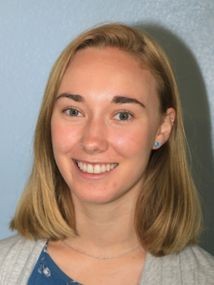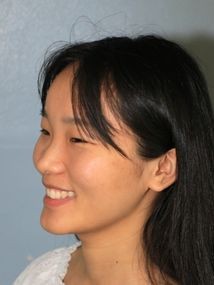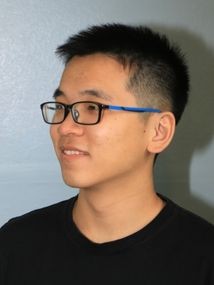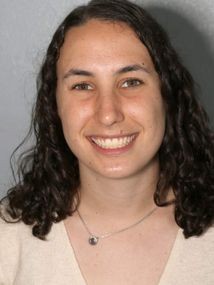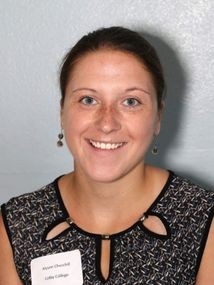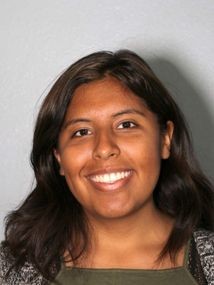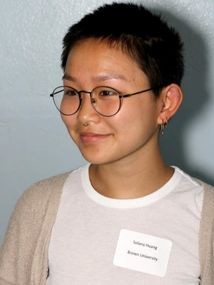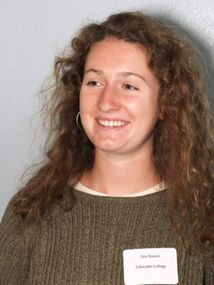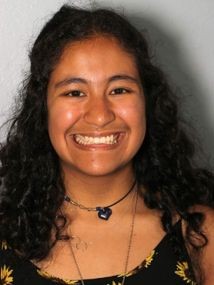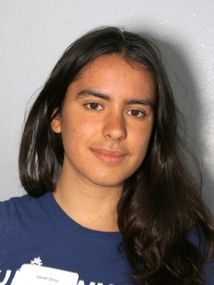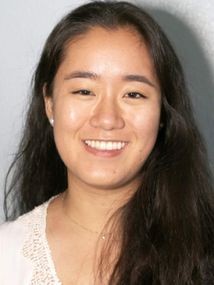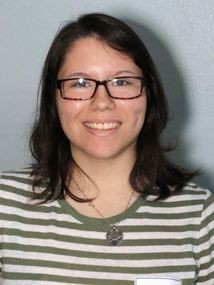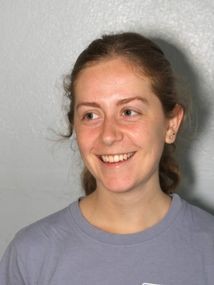Summer Opportunities: Intern Programs for Undergraduates
Applications for the 2024 program are now closed.
Our Lamont Summer Intern Program is for undergraduates from U.S. colleges and universities. Our Earth Intern Program is for Columbia and Barnard undergraduates.
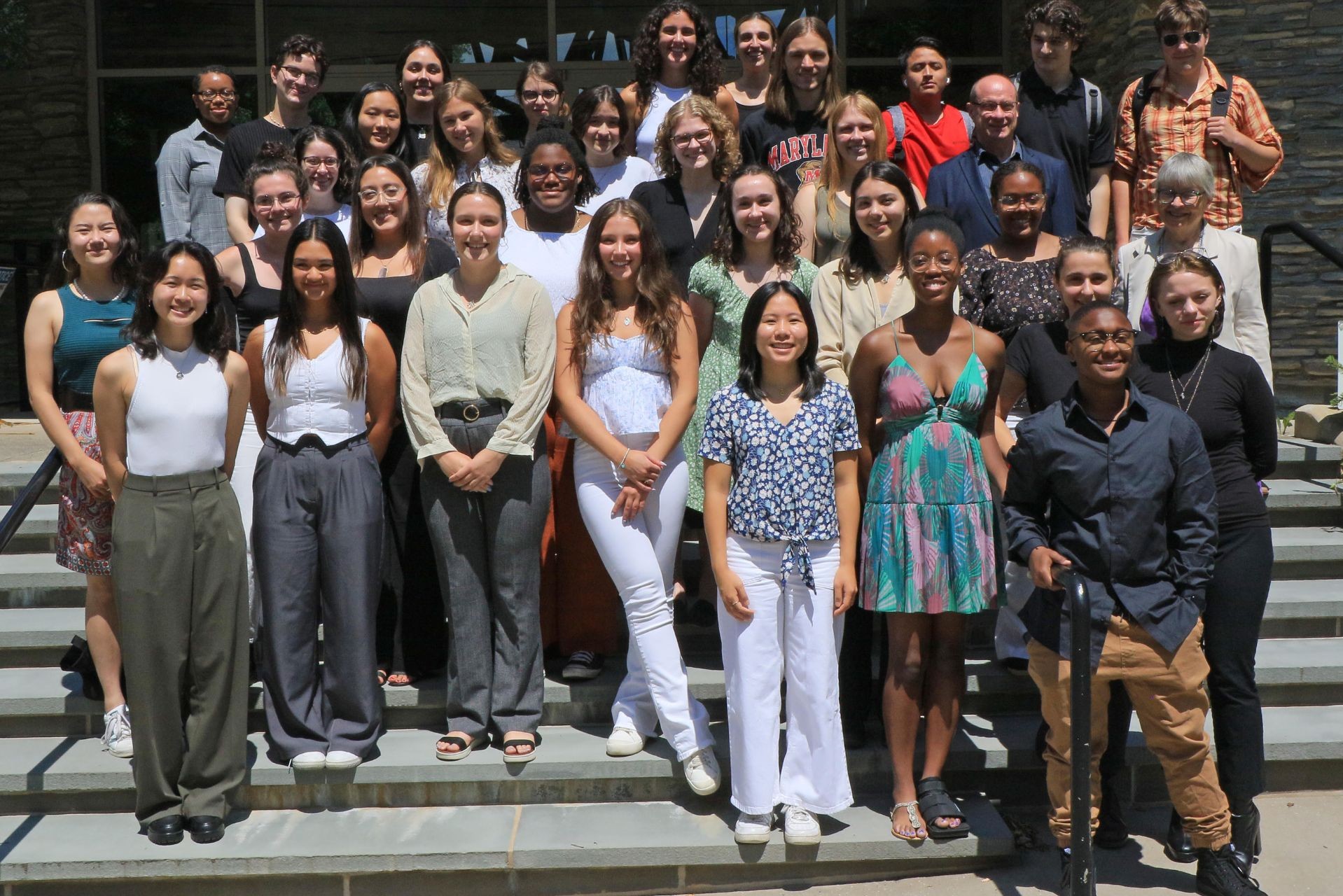
Our 2023 Summer Interns with Dallas Abbott and Mike Kaplan. Credit: Bill Menke
The Lamont-Doherty summer intern programs offer undergraduates the chance to experience cutting-edge scientific research.
Our Lamont Summer Intern Program is for undergraduates from U.S. colleges and universities. Our Earth Intern Program is for Columbia and Barnard undergraduates.
The application period is typically in January/February, and the programs run early June through early August.
During this experience, interns get to try on research science careers, achieve a level of comfort on a top-level research campus, and establish close personal relationships with mentors who are successful professional scientists. Students work in our lively interdisciplinary research and education communities and are individually mentored by at least one of our scientists over 10 weeks each summer.
The goals of the program are for students to learn through their own experience what research is like so they can explore research careers; develop self-confidence in their independent research, communication abilities, and scientific identities; and form lasting professional relationships with scientists.
Research projects are in all areas of Earth, atmospheric, oceanic, and environmental sciences, and follow the diverse disciplinary interests of the students.
Sponsored by the National Science Foundation (NSF) as an REU-Site (Ocean and Earth Sciences), U.S. Science Support Program (USSSP), and other funding sources.
REU Site at Lamont-Doherty Earth Observatory
Interdisciplinary Cutting-Edge Research though the Analysis of Global Data
This REU site at Lamont-Doherty Earth Observatory has offered internships for more than two decades. Funding is provided by the US National Science Foundation (Arlington, Virginia) and is contingent upon their continued support.
The Lamont-Doherty contacts for the REU are Dr. Dallas Abbott (845-596-1131) and Dr. Michael Kaplan; please direct all questions to them. The NSF contact for the REU Site program is Program Manager Dr. Elizabeth Rom. NSF does not handle REU applications; please contact each REU site directly for application information.
The Lamont-Doherty Summer Intern Program offers the chance to experience scientific research as an undergraduate. The program is open to those who have completed their junior or sophomore year at a university or college in the U.S., including community colleges, with majors in earth science, environmental science, chemistry, biology, physics, mathematics, or engineering. The NSF REU-SITE part of the program is open only to US citizens or permanent residents. Students who are not U.S. citizens or permanent residents can apply to the program, but they can only select projects that are not part of the REU-Site (see 2024 National Program Brochure or FAQ for more details). Graduating seniors are not eligible for this internship. Students from community colleges and who are first-generation are encouraged to apply.
Applicants should have an interest in conducting research in the Earth, Ocean, Atmospheric, and Environmental Sciences. Two previous college-level courses in one or more of these areas are desirable if they are available to the student. All students are preferred to have at least one year of calculus (high school or college) and/or good grades in college level mathematics. Students choosing research in geochemistry and chemical oceanography should have at least two semesters of college-level chemistry; in marine biology at least two semesters of college-level biology; and in geophysics should have at least two semesters of college-level physics. However, exceptions may be made in cases where the applicant’s college does not offer appropriate courses.
The program features:
- A hands-on research project under the supervision of a Columbia-affiliated scientist;
- Opportunities to discuss science with both experts and peers;
- Training in data analysis techniques, using software environments such as GeoMapApp, R, Matlab, and Python;
- Training in lab safety, professional ethics, and career opportunities;
- Special lectures, workshops, and field trips;
- Free housing in a Dominican University dormitory;
- Ten-week stipend of $7000.
For more information and to view the listing of advisors and projects, review these documents completely before filling out the application:
In order to be able to access and complete the online application form properly, you need to have:
- The latest version of Firefox, Internet Explorer, or Safari as your browser (STRONGLY recommended).
- Javascript and Cookies turned on in your browser. Normally, these are on by default.
- Your resume completed and saved as a PDF file.
- Your top three choices for advisor. You will be asked to specify them in the application.
If you have other program- or application-related questions, contact Dallas Abbott and Mike Kaplan.
Sponsored by the Climate School/Earth Institute/Lamont-Doherty Earth Observatory, Barnard College, The Climate Center of LDEO, and the Department of Earth and Environmental Sciences at Columbia University.
The Earth Intern Program offers the chance to experience scientific research as an undergraduate. The program is open to all Columbia College, Columbia Engineering, Columbia General Studies, and Barnard College students who have completed their junior or sophomore year in college with majors (or anticipated majors) in earth science, environmental science, chemistry, biology, physics, mathematics, engineering, sustainable development, or political science. Graduating seniors are not eligible. Minorities and women are encouraged to apply.
Applicants should have an interest in conducting research in the Earth, atmospheric, or ocean sciences. Completion of at least two courses in Earth, atmospheric, or ocean sciences is desirable. All students are preferred to have at least one year of calculus (high school or college) and/or good grades in college-level mathematics. Students undertaking research in geochemistry and chemical oceanography are required to have at least two semesters of college-level chemistry. Students undertaking research in marine biology are required to have at least two semesters of college-level biology. Students undertaking research in geophysics should have at least three semesters of college-level physics.
The program features:
- A hands-on research project under the supervision of a Columbia-affiliated scientist;
- Special lectures, workshops, and field trips;
- Free housing in a Dominican University dormitory;
- Ten-week stipend of $7000.
For more information and to view the listing of advisors and projects, review these documents completely before filling out the application:
In order to be able to access and complete the online application form properly, you need to have
- The latest version of Firefox, Internet Explorer, or Safari as your browser (STRONGLY recommended).
- Javascript and Cookies turned on in your browser. Normally, these are on by default.
- Your resume completed and saved as a PDF file.
- Your top three choices for advisor. You will be asked to specify them in the application.
If you have other program- or application-related questions, contact Dallas Abbott and Mike Kaplan.
Past Interns

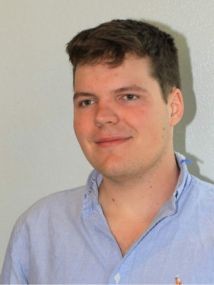
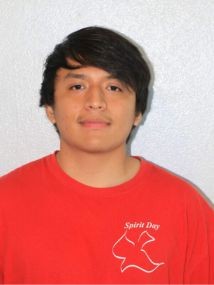
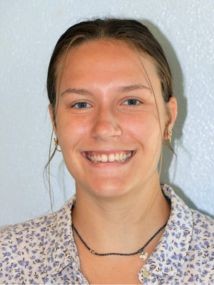
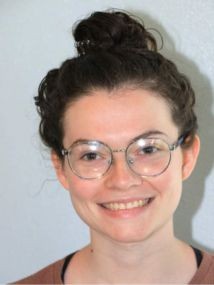
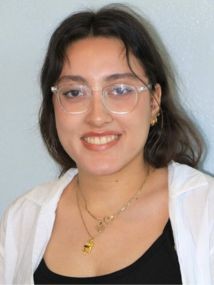
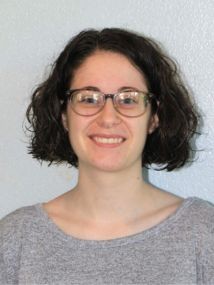
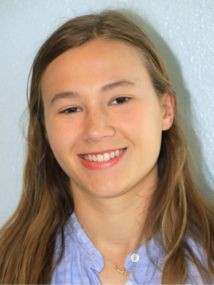
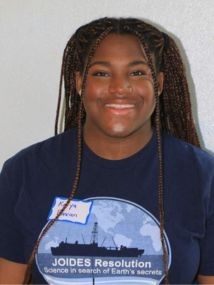
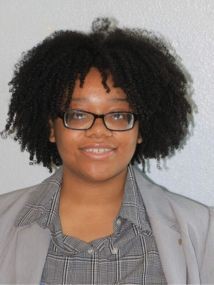


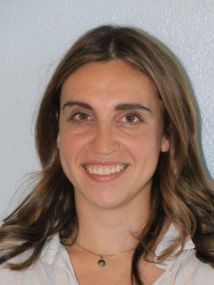
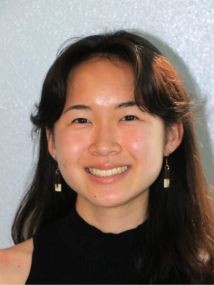
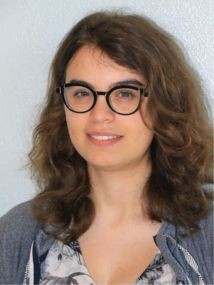
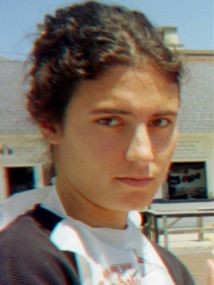
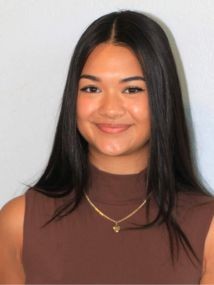
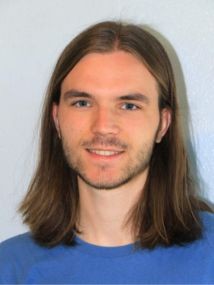

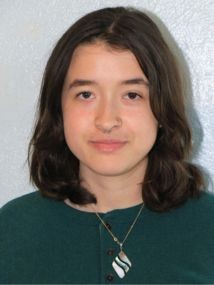

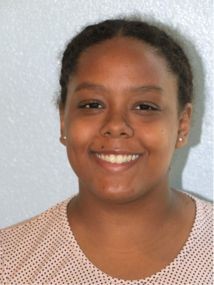

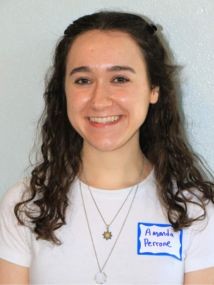

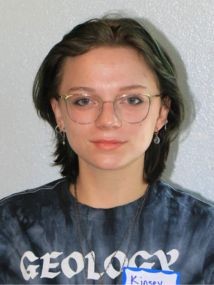
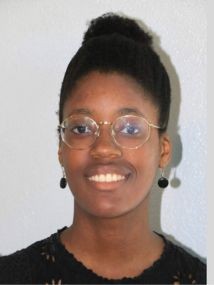
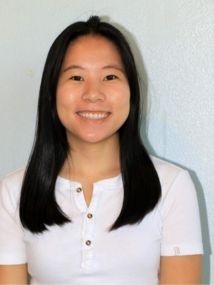
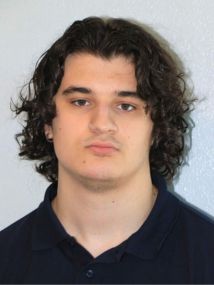
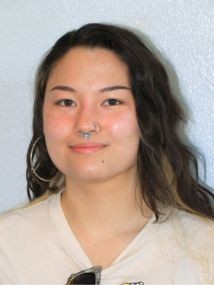

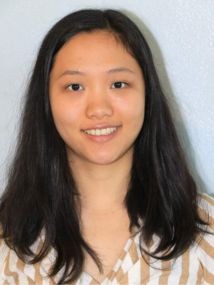
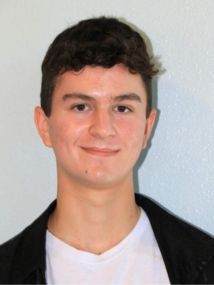
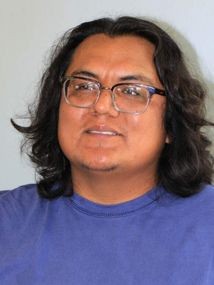
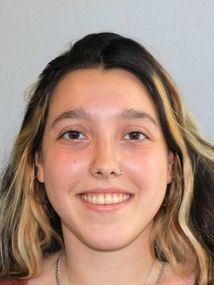
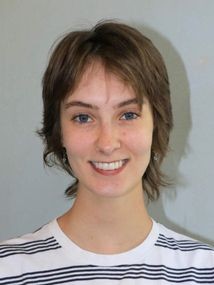
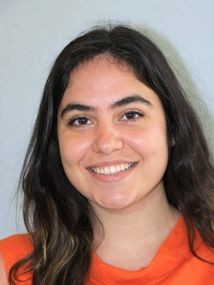
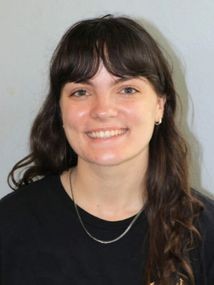
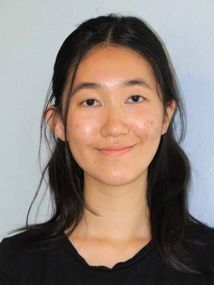
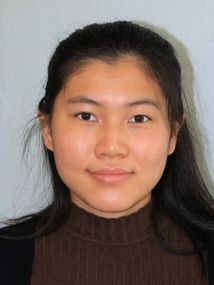
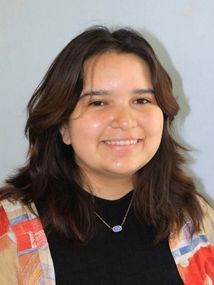
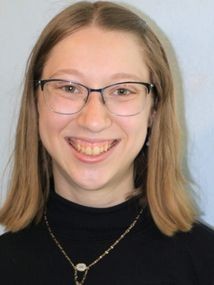
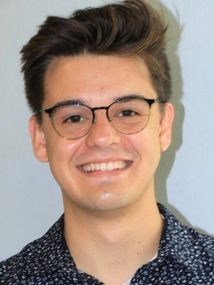
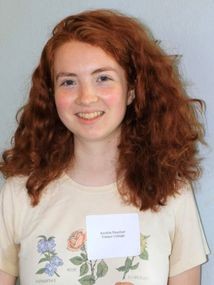

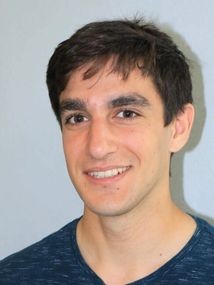
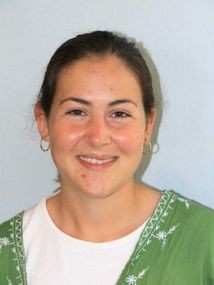
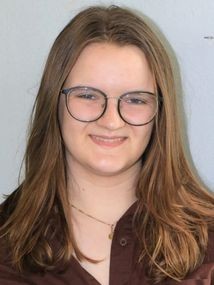

Shalom Jimoh, Rutgers University - Newark
Mentors: Ben Bostick, Ajit Subramaniam, Sarah Nicolas, Susanne Straub, Dallas Abbott
How Did Large Submarine Volcanic Eruptions During the Holocene Influence Ocean Productivity? Searching for Tephra Layers in Core Samples Downwind of the Ryukyu, Izu-Bonin and Tonga-Kermadecarcs – Abstract and Slide
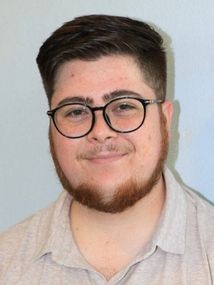
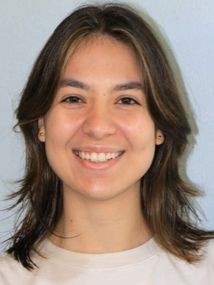
Sofya Levitina, University of Connecticut
Mentors: Christine McCarthy, Jacob Tielke
Microstructural Characterization of Ice by Etch-Pitting Replication Method – Abstract

